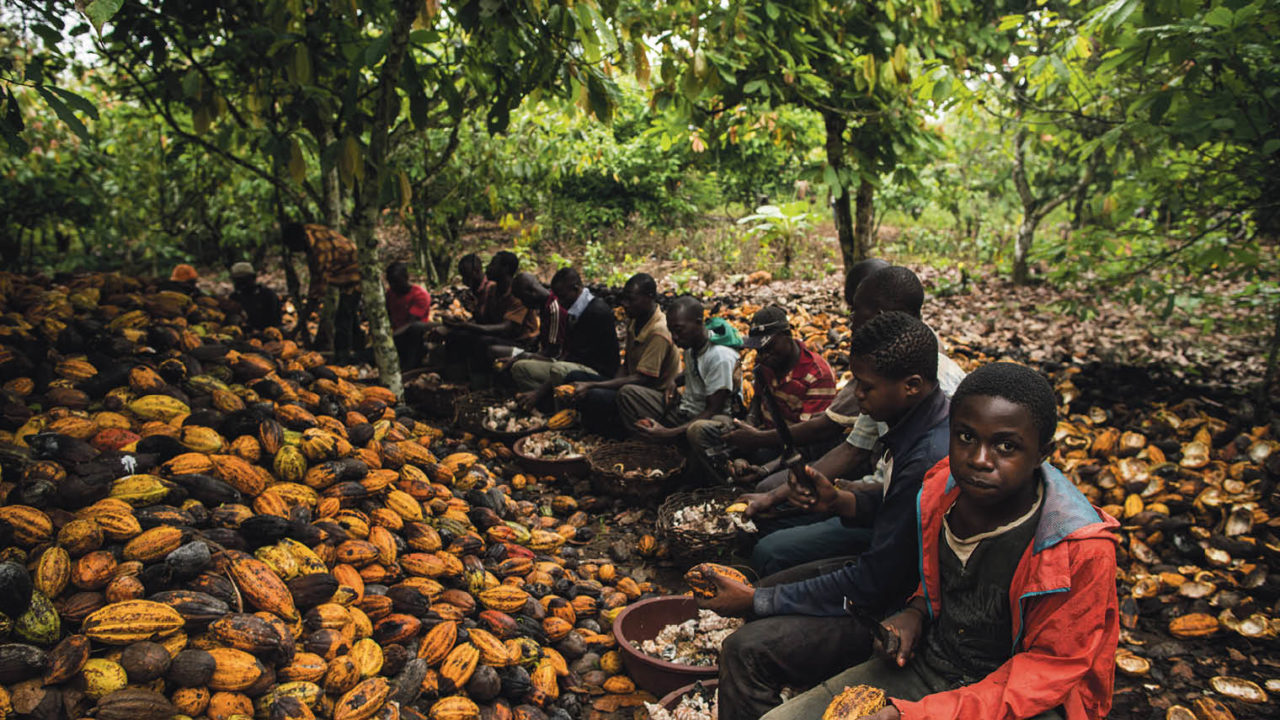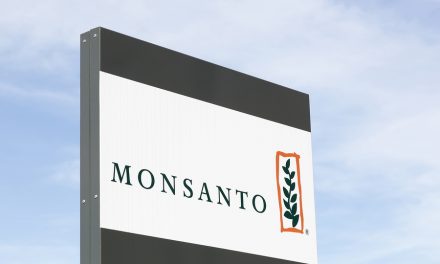In 2016 we shared with you that Hershey, Nestle, and Mars had been using child slaves to make their chocolate. However, I think deep down we all already knew.
RELATED STORY:
Well, in late 2018, a 9th U.S. Circuit Court of Appeals reinstated a lawsuit by a group of former child slaves: Doe v. Nestle, S.A. In the suit, the group of “John Doe’s” accuse the U.S. unit of Nestle SA and Cargill Co. “of perpetuating child slavery at Ivory Coast cocoa farms.”1
The judges unanimously agreed that the group could proceed with its claims despite the fact that the alleged abuses occurred overseas. A copy of that suit, docket number 17-55435, can be found here.
“The plaintiffs, originally from Mali, are contending that the companies aided and abetted human rights violations through their active involvement in purchasing cocoa from Ivory Coast (Cote d’Ivoire).
They originally sued Nestle USA, Archer-Daniels-Midland Co and Cargill Inc [CARG.UL] in 2005. Archer-Daniels-Midland was dismissed from the lawsuit in 2016, according to court records. The case has since made its way to the U.S. Supreme Court, which in 2016 rejected the companies’ bid to have the lawsuit thrown out.”1
Nestle and Cargill deny the allegations. (No one is shocked about that.) Nestle also said they not only have policies against child labor but that they are working to combat the global problem. (So, they are aware.)
“A district court in Los Angeles dismissed the lawsuit twice, most recently in March 2017. That court found that the former child slaves’ claims were barred by U.S. Supreme Court decisions that have made it harder for plaintiffs to sue corporations in U.S. courts for alleged violations overseas.
According to those rulings, violations elsewhere must ‘touch and concern’ U.S. territory ‘with sufficient force.’”1
However, the 9th Circuit said that the plaintiffs’ claims fulfilled those requirements since the alleged violations fell outside the scope of the companies’ ordinary business conduct.
RELATED STORY:
The former child slaves alleged in the suit that the companies provided financial and technical assistance to local farmers to guarantee the cheapest source of cocoa and the federal appeals court agreed that those “kickbacks” were supported by “regular inspections of Ivory Coast cocoa farms by U.S. company employees who allegedly knew of and upheld the financing arrangements.”1
Shameful.
RELATED STORY:
The suit is currently in the court system. We will update you once a court date is set or a ruling is made.
SOURCE:












